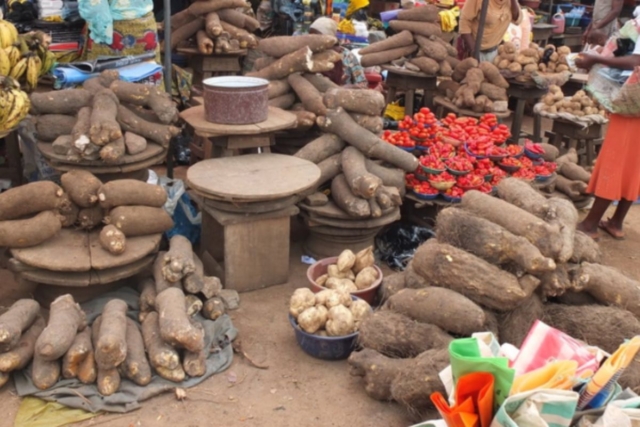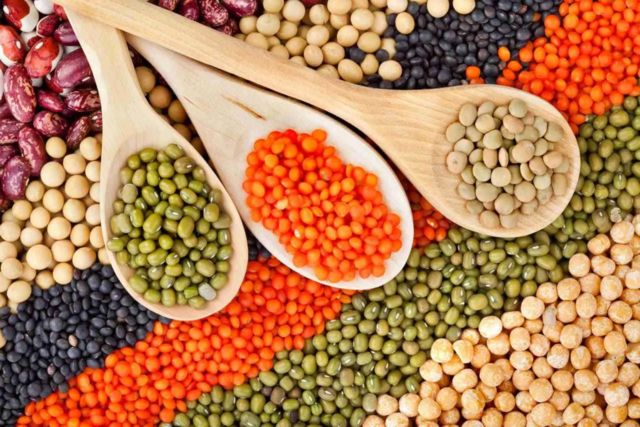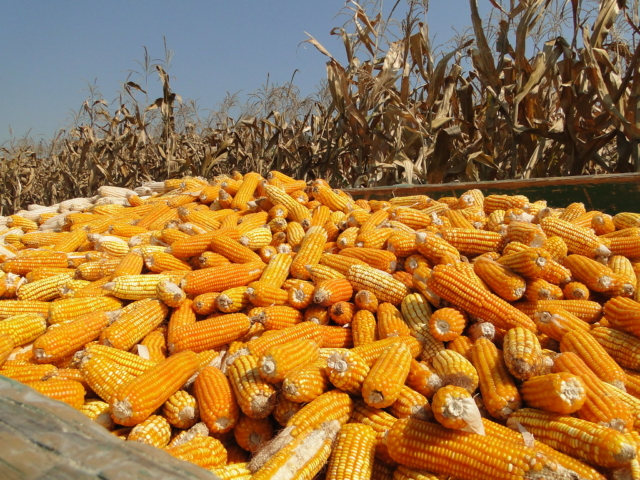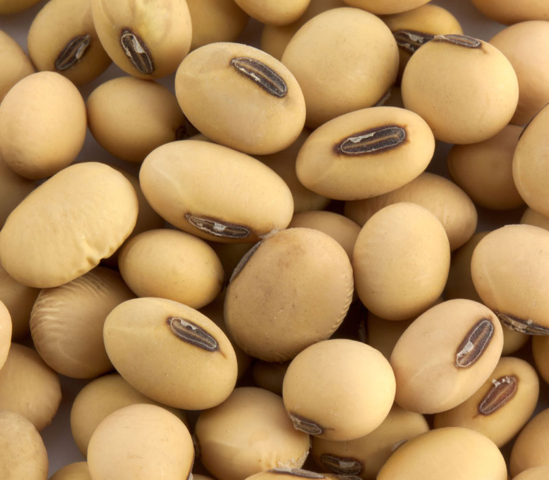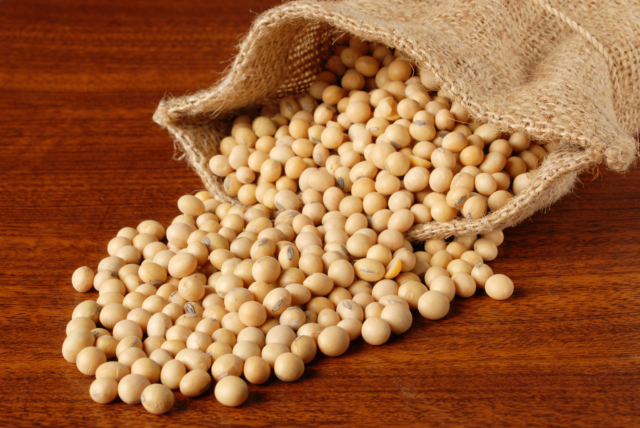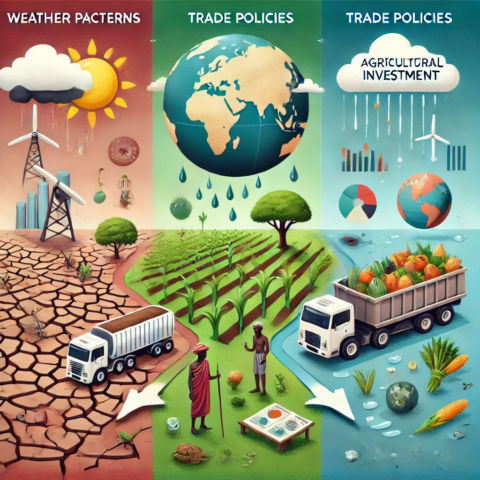“Global food prices are falling—discover what’s driving the change, how it impacts your grocery bills, and what it means for businesses and the economy.”
Introduction
Food prices around the world are changing, and many essential crops are becoming cheaper. This is good news for families and businesses, but it also brings challenges for farmers. According to a recent World Bank report, the prices of wheat, rice, soybeans, and other crops have dropped while maize (corn) prices have risen due to supply shortages.
In Nigeria, food prices have been fluctuating, and this change could impact farmers, traders, and consumers. Let’s explore what this means and how it affects people’s daily lives. (Read the World Bank report here.)
Why Are Food Prices Dropping?
Food prices depend on many things, including weather, farming methods, and global trade. Recently, good harvests in Asia, Europe, and North America have increased the supply of food, causing prices to drop.
However, not all crops are getting cheaper. Maize prices have reached a 15-month high because fewer farmers produced it this season. This means food companies that rely on maize may have to pay more, affecting products like animal feed and corn-based snacks. (Learn more about maize prices)
How Climate Change Affects Food Prices
One of the biggest reasons for food price changes is climate change. The year 2024 was one of the hottest in history, and extreme weather events affected crop yields in many places.
- Droughts and Floods: Too much rain or not enough water can damage crops, making them harder to grow.
- Rising Temperatures: Some plants struggle to grow in high temperatures, reducing overall food production.
- Soil Degradation: Over time, poor farming practices can weaken soil, making it harder to grow healthy crops.
To keep food production stable, farmers need to adopt climate-smart farming techniques, such as using drought-resistant seeds and improving soil health. (See how climate change affects agriculture)
What This Means for Nigeria
Food prices in Nigeria have changed over the last few months. Some foods have become cheaper, while others are still expensive. Here’s a look at price changes from December 2024 to January 2025:
- Imported Rice (25kg): Dropped by 5.82% from N44,982 to N42,366.
- Nigerian Rice (4.1kg): Slight drop of 0.06%, from N6,908 to N6,904.
- Oloyin Beans (3.3kg): Big drop of 21.9%, from N10,704 to N8,358.
- Drum Beans (3.3kg): Fell 16.6%, from N8,984 to N7,491.
- Ijebu Garri (2.2kg): Decreased 19.8%, from N4,466 to N3,581.
- White Garri (2.6kg): Dropped 3.9%, from N2,782 to N2,671.
- Yellow Garri (2.6kg): Fell 8.8%, from N3,159 to N2,880.
- Eggs (Medium-Sized Crate): Slight rise of 0.53%.
This means that while some everyday foods are becoming cheaper, others—like maize-based products—could become more expensive. (Check current food prices in Nigeria)
What Can Farmers Do?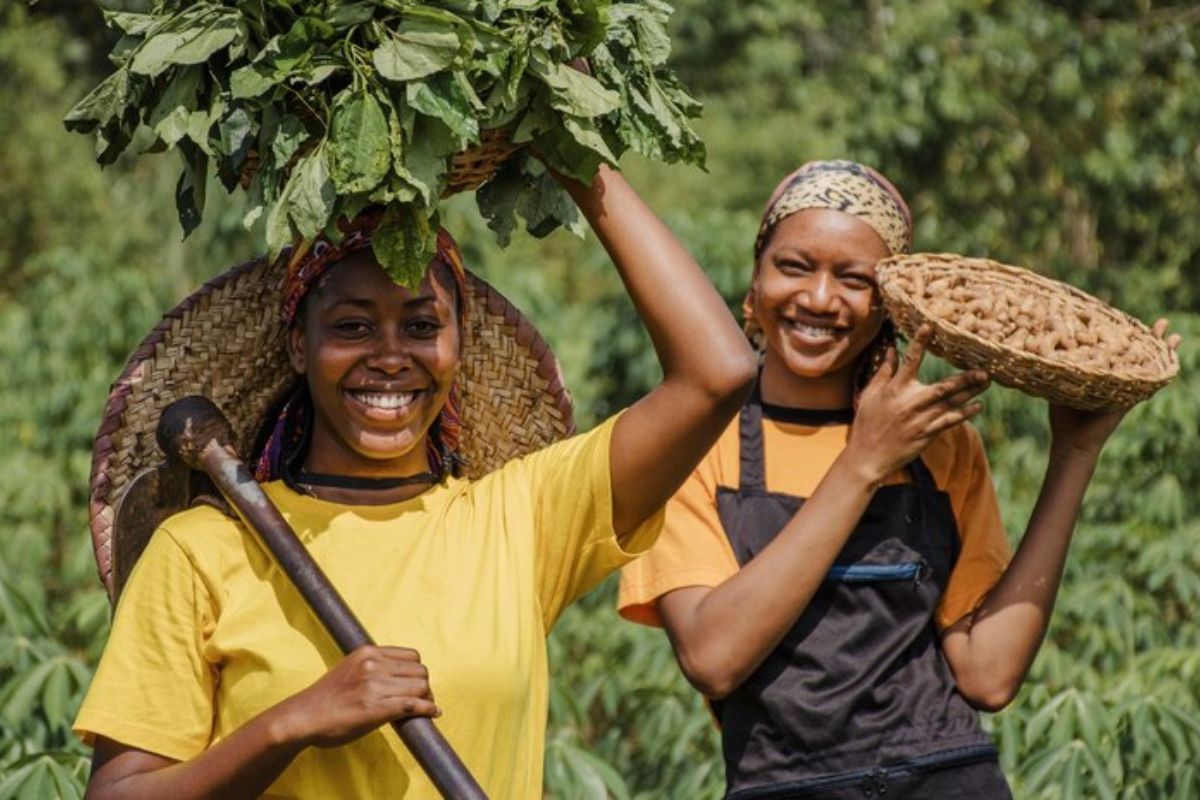
Farmers play a big role in food production, and changes in price can affect their income. Here are some steps they can take:
- Grow Diverse Crops: Instead of depending on one crop, farmers can grow different types to balance their earnings.
- Use Better Farming Methods: Learning about modern irrigation, organic fertilizers, and soil protection can help crops grow better.
- Sell Directly to Consumers: Farmers can earn more by selling their products at local markets or online instead of through middlemen.
- Invest in Storage Solutions: Better storage helps keep food fresh for longer, reducing waste and increasing profits.
- Apply for Government Support: Many government and private programs help farmers with training, financing, and tools.
Farmers who adopt these strategies will be better prepared for price changes and climate challenges. (See government support programs for Nigerian farmers.)
How Can Consumers Benefit?
If food prices are dropping, it’s a great opportunity to buy in bulk and save money. Here’s how people can take advantage:
- Stock Up on Non-Perishable Goods: Buying rice, beans, and garri when prices are low can help save money in the long run.
- Support Local Farmers: Purchasing directly from Nigerian farmers helps boost the local economy and ensures fresher produce.
- Monitor Market Trends: Understanding food price trends can help families plan meals and avoid spending too much.
- Consider Home Gardening: Growing small vegetables at home can reduce household food expenses.
As prices continue to change, being informed helps individuals make smarter financial decisions. (Track food prices in Nigeria)
What’s Next?
The future of food prices depends on multiple factors, including:
- Weather Patterns: If global temperatures keep rising, food production may struggle.
- Trade Policies: Government decisions on imports and exports can influence local food availability.
- Investment in Agriculture: The more resources Nigeria puts into farming, the more stable food prices will be.
To ensure food security for everyone, Nigeria must continue to invest in modern farming, train farmers, and support local businesses. This will help both consumers and producers thrive. (Explore Nigeria’s agricultural future)
Conclusion
The recent drop in global food prices is both an opportunity and a challenge. Consumers benefit from lower costs, but farmers must adapt to changing market conditions.
To build a stronger and more resilient food system, Nigeria must focus on sustainable farming, better food policies, and technological advancements. With the right support, the country can ensure stable food prices, economic growth, and a healthy population.
What do you think about these price changes? How do they affect your daily life? Join the conversation and share your thoughts in the comments below!

